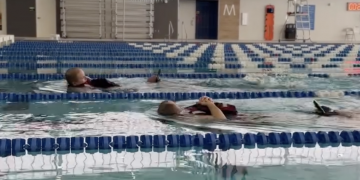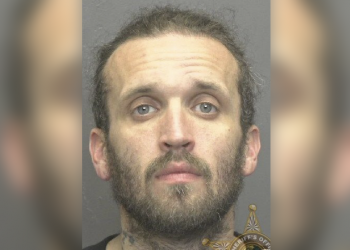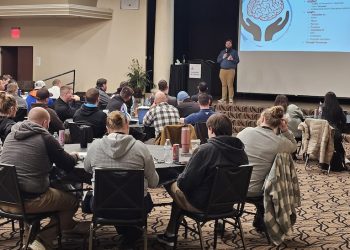Indianapolis, Indiana – According to the Center for the Study of Hate and Extremism, the number of hate crimes committed against Asians has more than tripled in recent years.
A community town hall meeting was organized by advocates in the hopes of contributing to a change in the odds. They are requesting that Indiana pass legislation regarding hate crimes, and they are hoping that the introduction of a five-point plan that organizations and businesses can follow will assist in the formation of partnerships.
The common goal of uniting against hatred in all its manifestations has brought together everyone in this room. The hatred directed toward Asians is the most recent front in this war.
“Our community has been hurt,” Rupal Thanawala, president of the Asian American Alliance said.
While getting off a bus a week ago, an Asian student was attacked with a knife and seriously injured. Advocates claim that hatred was the driving force behind the attack, as well as behind the town hall meeting that was held at the United Way with representatives from multiple organizations.
“It’s hurtful but more than that, it prompted me and my fellow members of the association into taking action,” Benny Ko, with the Indiana Association of Chinese Americans said.
Ko claims that the attack is one of a growing number of options available to them. According to the Center for the Study of Hate and Extremism, the number of crimes committed against Asians has increased by more than 300 percent.
Thanawala served as the moderator of the town hall meeting and shared a personal story.
“My own neighbor asked, ‘Why don’t you go back?’ I’ve been living in that house for 20 years,” she said. “These things, we face every single day.”
She believes that it is critical to bring attention to the absence of anti-hate crime legislation in the state of Indiana while also considering factors other than the law. Putting on display what individuals are capable of doing in terms of educating employees, students, and constituents by examining advocacy, accountability, allies, amplification, and accommodation.
“Don’t wait for another tragedy to drive us into taking further action,” Ko said.
Solidarity among all those who are oppressed is essential to winning the war.




















































































